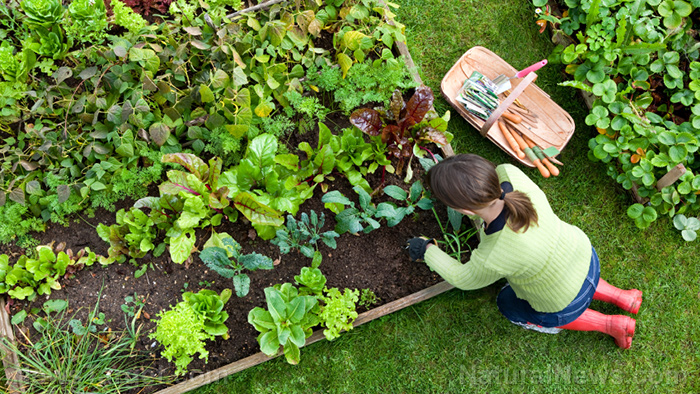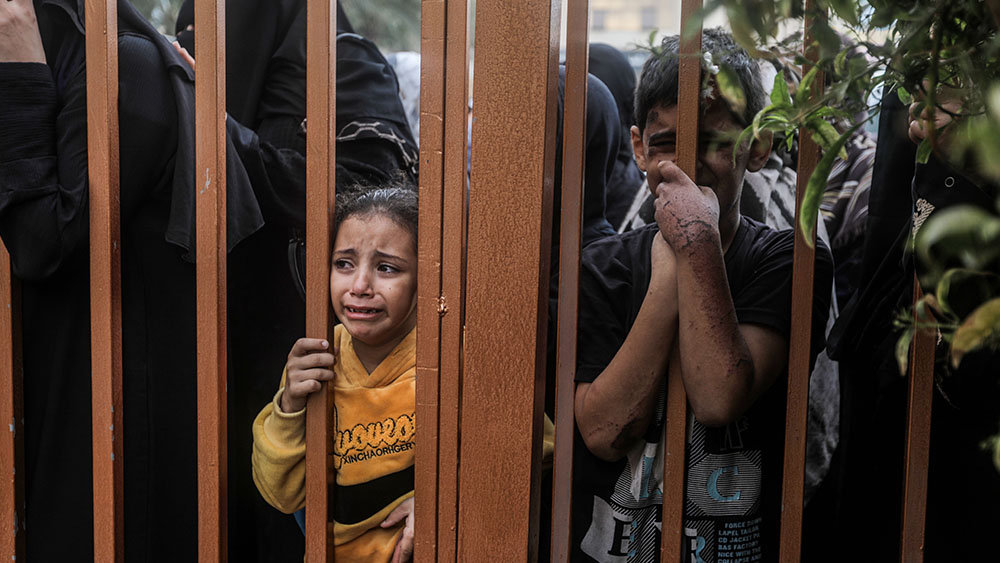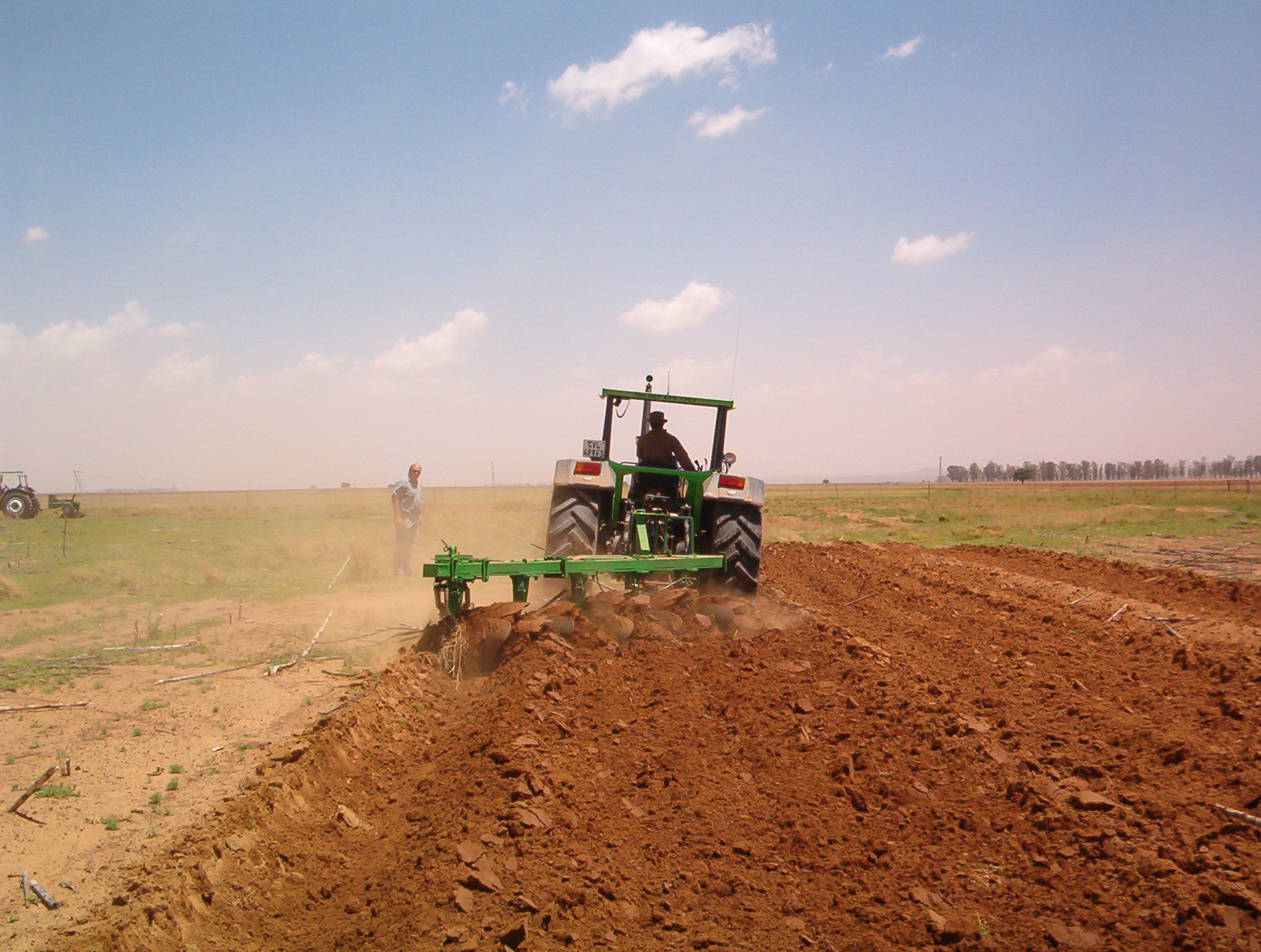After shutting down thousands of farms, European governments are warning about a future food crisis as food insecurity worsens
03/22/2024 / By Cassie B.

EU government officials recently convened with food security experts to devise a plan to handle a potential food crisis. The question no longer appears to be whether such a scenario will come to pass but rather how soon Europeans can expect it.
The possibility that Europe might experience a major food crisis has become so likely that 60 EU and government officials gathered to carry out a simulation of what could occur and work on policies that can help respond to such a crisis. With videos depicting floods, droughts and civil unrest to drive home what is at stake, experts were warned to “expect a level of chaos.”
We are seeing signs of an impending food crisis around the world, with a series of geopolitical and weather events all piling up to create the perfect storm for a major food crisis. For example, Russia’s invasion of Ukraine, Israel’s war on Gaza and the coronavirus pandemic have caused disruptions to crucial shipping routes that have sent food prices through the roof and impacted supply chains. Meanwhile, extreme and unpredictable weather has been having a big effect on farming and crop yields, from droughts in the Mediterranean to weather patterns impacting soy output in Latin America.
As part of their simulations, the government officials envisioned a scenario where there are numerous harvest failures in 2025 that affect the prices of animal feed, stunting the production of livestock and fish, while ships bringing crops eschew Europe in favor of higher bidders in other parts of the world. At the same time, limits on palm oil exports in Asia could reduce the supplies of a range of daily staples, including bread.
The simulation also noted how such a scenario could sow civil unrest, particularly as hungry and fed-up Europeans push back against corporate greed. Eventually, they envisioned thieves starting to loot supermarkets later in 2025, with police struggling to keep rioters under control, livestock farmers going bankrupt and German shoppers unable to find meat or fish in grocery stores.
How do they envision getting out of such a scenario? They used role-playing activities to workshop policies related to building reserves of food, crisis management and food provision. Their activities also raised some important questions, such as how to reduce Europe’s over-reliance on crop imports such as soy for feeding the dairy and meat industry.
Europe’s food security is on a dangerous downward trend
Centre for Systems Solutions Science Director Piotr Magnuszewski pointed out that government-led exercises like this one are very uncommon, particularly when it comes to topics such as food. Indeed, Europe has long been considered one of the world’s biggest supplier of foods ranging from olive oil and pork to dairy and grains, while enjoying some of the world’s lowest levels of food insecurity.
The Global Food Security Index has long ranked European nations among the world’s most secure when it comes to food, and the percentage of household spending devoted to food is relatively low compared to other nations. For example, in 2021, only 14 percent of household spending there went to food, compared to 40 percent in Egypt and 60 percent in Nigeria.
However, its position as a relatively food-secure part of the world is now in doubt as weather and climate events cost Europe more than $54 billion in economic losses in 2022. Meanwhile, the costs associated with the energy and fertilizers needed to grow crops have been skyrocketing since Russia invaded Ukraine.
One of the workshop’s organizers, retired U.S. diplomat Chris Hegadorn, warned that few European governments are prepared to manage a future food crisis. He said: “There’s a lot more to be done on every level. Crises are only going to come faster and harder.”
Sources for this article include:
Submit a correction >>
Tagged Under:
big government, chaos, EU, famine, food collapse, food freedom, food inflation, food insecurity, food security, food supply, hunger, preparedness, Russia, scarcity, scenario, starvation, supply, supply chain, Ukraine, weather terrorism, world agriculture, WWIII
This article may contain statements that reflect the opinion of the author
RECENT NEWS & ARTICLES
COPYRIGHT © 2022 Rationing.News
All content posted on this site is protected under Free Speech. Rationing.News is not responsible for content written by contributing authors. The information on this site is provided for educational and entertainment purposes only. It is not intended as a substitute for professional advice of any kind. Rationing.News assumes no responsibility for the use or misuse of this material. All trademarks, registered trademarks and service marks mentioned on this site are the property of their respective owners.



















